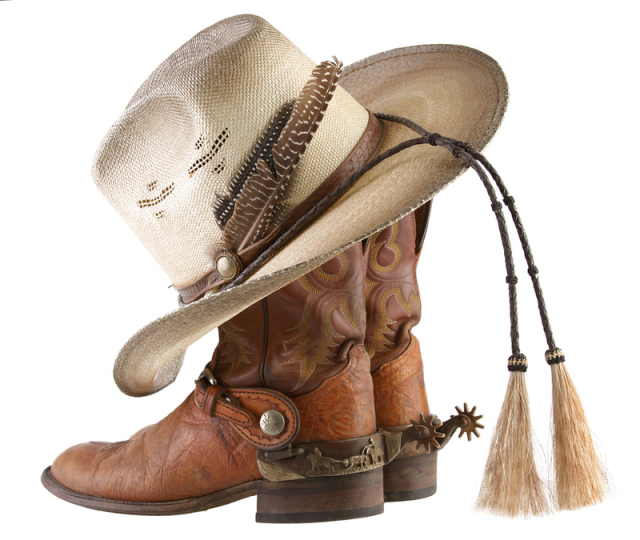
A Rancher's HEA, from Head to Toe
Nancy Cook has observed that,
true to its pastoral and bucolic roots, ranch life in romance novels almost always centers on "husbandry" activities. [...] the ranching activities in a romance novel don't build power or empire for power's sake; they don't speak primarily of sound business practice and land management; they speak of husbandry, of sensuality, of "Nature" as procreative force. [...] Most of the novels set on ranches make the link between animal husbandry and human husbandry explicit" (65-66)
"Husbandry" in this context, then, refers to "The care, cultivation, and breeding of crops and animals" (OED) but, as the existence of the word "husband" demonstrates, can easily be understood to have implications for our understanding of human romantic relationships.
In Robin Wells' Plain Jane Gets Her Man (1997), the hero, Jake Masters, is a rancher who has
only seen examples of what not to do in a marriage. He had no idea how two people were supposed to act behind closed doors in order to have a successful relationship. Could a person exhibit behavior they'd never seen modeled before? He didn't know. He only knew it was a huge emotional risk.
His eyes rested on the shadowed outline of trees across the pasture. He was accustomed to taking other types of risk, of course - that was the nature of ranching. Things like weather and market prices and the health of his herd were all subject to sudden changes, all beyond his control. He'd always accepted the ups and downs of his business, understanding that every drought would eventually end, every bad season would eventually be offset by a good one, every rough spot would sooner or later be replaced by a period of smooth sailing. He'd always taken a long-term view, rationalizing that if he just hung in there, and gave it his best effort, things would all work out in the end.
But marriage was entirely different.
Wasn't it? The question made him stiffen in the saddle.
Maybe it wasn't so different. Maybe he could apply the same principles to a relationship. (181)
Romance may have been accused of giving its readers unrealistic expectations of romantic relationships but this seems to me to be a fairly realistic assessment of marriage, and one which puts into ranching language the old words about a couple taking each other
"for better for worse, for richer for poorer, in sickness and in health, to love and to cherish, till death us do part" (Book of Common Prayer).
----
Cook, Nancy. “Home on the Range: Montana Romances and Geographies of Hope.” All Our Stories Are Here: Critical Perspectives on Montana Literature. Ed. Brady Harrison. Lincoln, NE: U of Nebraska P, 2009. 55-77.
Wells, Robin. Plain Jane Gets Her Man. New York, NY: Silhouette, 1997.
The image of "Cowboy Boots and Hat" was created by MaurieF, who made it available under a Creative Commons licence. I found it at Wikimedia Commons.
